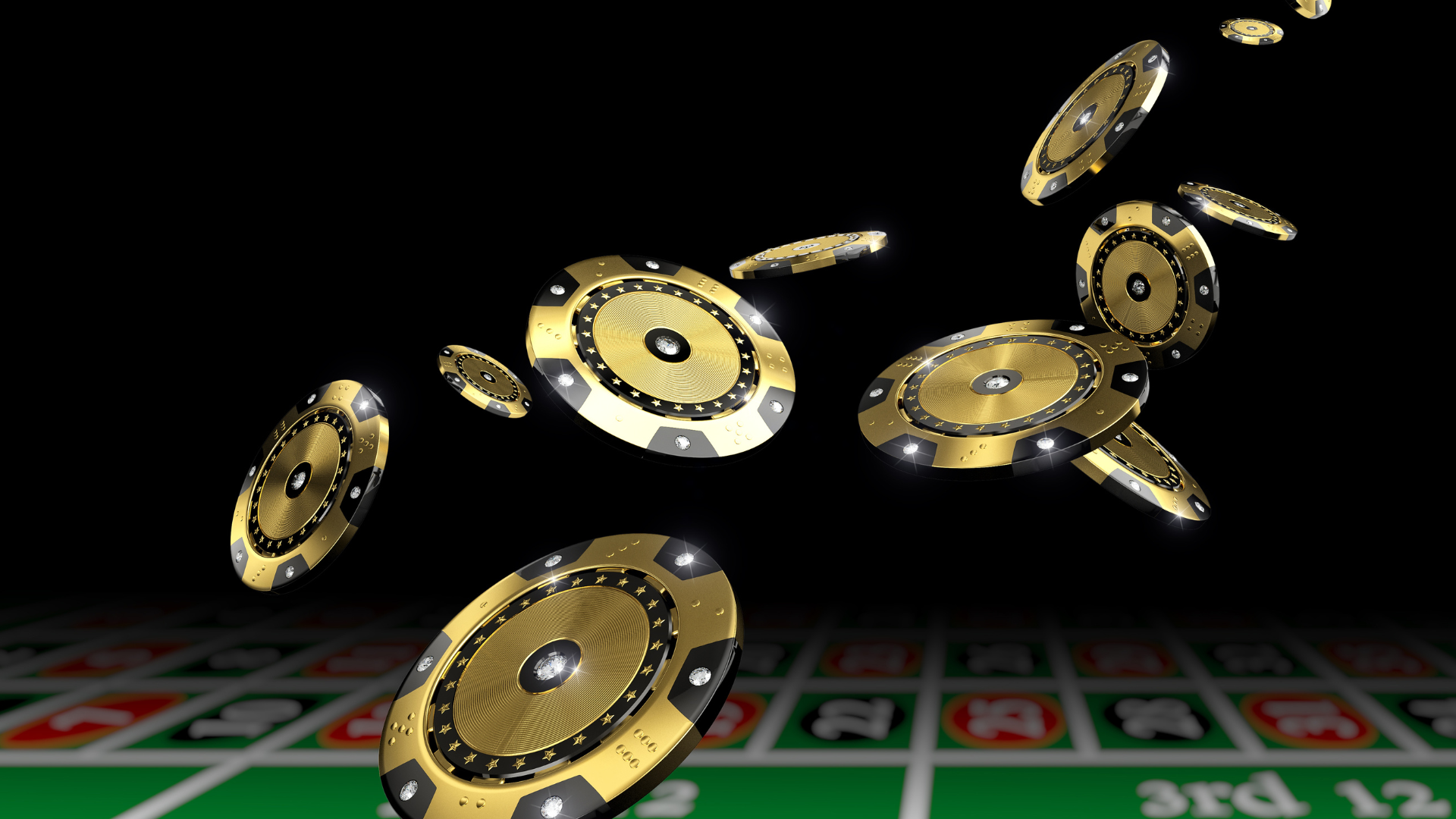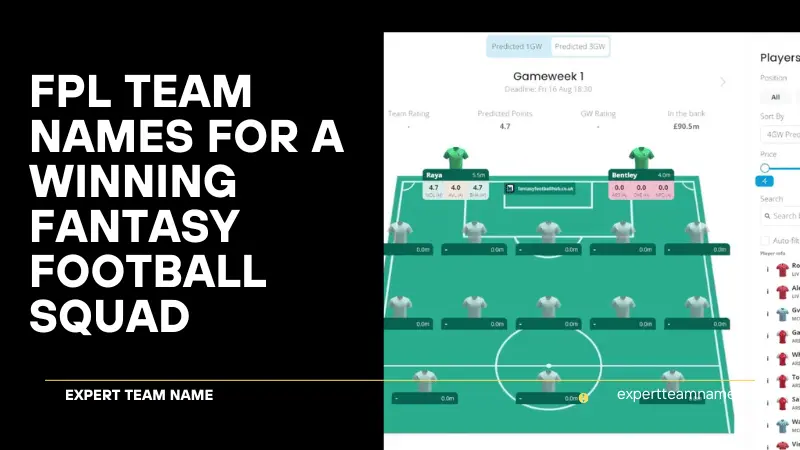Gates of Olympus Uses Advanced Physics Engines for Realistic Symbol Cascading Effects

Cascading reel slots are actually becoming the visual representation of the digital era, yet hardly any of the games incorporate them so masterly as Gates of Olympus. This is a game that comes from Pragmatic Play and it combines the ancient mythology’s theme along with the most innovative software to make a user experience which is equally real and strange. There is a live physics engine beneath the layers of golden, and light that controls the falling, rebounding, and blasting of each symbol of the game.
A Whole New Way of Moving and Interacting
Reels depicted on the slot screens that were once fixed are a subject of the past: symbols would make a clicking sound, the answer to which would be shown immediately and the consequences would appear without any embellishments. But that’s all in the past.
Gravity, inertia, and momentum have been simulated in Gates of Olympus by use of the very sophisticated tools that have been normally used for creating console games. Each jewel or electrical stroke of lightning that is coming down the grid is in full compliance with the laws of nature; invisible forces which are encoded into the game’s script.
This is not only a question of an attractive appearance. In the world of an online casino, the realism here is the link between the players’ expectations and the level of their participation.
Realistic Symbol Cascades
The symbol cascades are absolutely vital to the realism portrayed within this game. Whenever there is a win, the winning symbols are removed from the reels and new symbols drop from above to fill their spots.
This is different from normal animation as in Gates of Olympus, symbols have no predetermined movement. They fall freely under the influence of weight and acceleration; they bounce; they settle. Occasionally, just occasionally, they even spin a little before settling into position.
Achieved not by luck. Developers used physics-based rendering to simulate mass, collision detection, and motion smoothing. These cascading effects are calculated in real time, meaning that no two symbol falls are exactly alike. The result is a playing field that behaves more like a puzzle of moving pieces than a predictable slot.
Design Challenges Hidden Beneath the Surface
The creators of real-time physics engines certainly have to open up their wallets to pay its expense. The allocated money is used not for playing but for the development team. In this case, the engines must also have other capabilities such as lossless data compression and memory optimization.
Each falling symbol has to be traced, updated, and drawn correctly according to the acting forces commonly referred to as physics. The game maintains a tightrope between a constantly growing level of visual quality and the limitations of technical performance by utilizing adaptive methods.
The maximum possible simplification of animations can occur to make the game compatible with smaller, older devices while ensuring the fluidity of motion during computer power peaks.
Physics as a Tool for Emotional Impact
Physics engines serve more than a realistic function. In Gates of Olympus, the multiplier slammed by Zeus is one where the laws of motion give weight to the moment. It is thunder, not sound, smashing down. Particles break apart.
The screen shakes. These cues begin to create a physiological jolt that starts to tie emotion to visuals in a way that flat graphics cannot achieve. Interactive design research supports this approach.
Movement real-world physics-based have a higher chance of being perceived as credible and satisfying. In the game where the player journey is defined by anticipation and pay-off, this design philosophy enriches every stage of engagement.
Influence on the Wider Casino Game Market
Gates of Olympus’ success has not gone in vain. More studios are now investing in similar physics engines and trying to replicate the kinetic satisfaction found in its cascading reels.
As hardware gets better this trend will likely increase more, moving the industry further toward technically engaging slot experiences. Visual differences and false interaction are being noted in player reviews as reasons for game preference. It’s not just about big wins anymore—it’s about how those big wins feel when they happen.
Ultimately
In a market filled with noise, Olympus Gates managed to stand out—not just through mythology or artwork, but through precision engineering. It set a benchmark for realism and interactivity in slot design. The game moves, reacts, and breathes where the traditional reels spin and stop. There is a dynamic loop that rewards not only luck but also attention. Very few titles move as convincingly as this one within the constantly growing world of online casino offerings.




